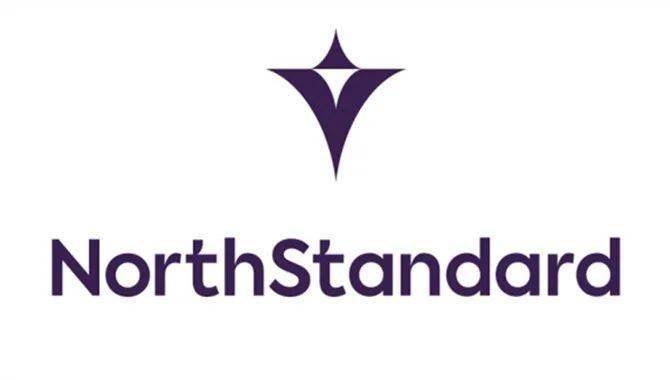Companies that are engaged in liner services operate on set routes, according to regular and scheduled timetables. These companies will often collaborate and share services. By doing so, companies are able to cut down on costs and improve a given service’s frequency and reliability. This agreement between companies to collaborate is called a consortium.
Consortia are subject to strict regulatory oversight to ensure that they do not breach anti-competition rules. The relevant European Union regulation is Article 101 of the Treaty on the Functioning of the European Union (TFEU). Article 101(1) prohibits agreements that have as their object or effect the restriction, prevention or distortion of competition within the European Union (EU), and which have an effect on trade between EU member states. However, Article 101(3) provides that this prohibition may be declared inapplicable to agreements contributing to improving the production or distribution of goods or to promoting technical or economic progress, whilst allowing consumers a fair share of the resulting benefits.
The CBER, adopted in 2009, exempts consortia from the prohibition outlined in Article 101 of the TFEU, subject to certain conditions, as these consortia are determined to automatically meet the conditions of Article 101(3). The Commission has now decided not to renew this exemption. Their reasoning is that the benefits of the exemption are not being shared fairly among the market, and that the CBER is no longer effective.
The expiry of the CBER does not necessarily mean that consortia are prohibited in the EU. Instead, consortia are now subject to the EU antitrust rules that apply to all economic sectors. Liners will now be required to self-assess compliance with Article 101 of the TFEU. This is done by reference to the guidance provided in the recently updated Horizontal Block Exemption Regulation and the Specialisation Block Exemption Regulation. This arguably increases legal uncertainty and could increase the compliance burden for many liners, in particular for smaller companies, which may lack the resources and legal expertise.
However, the Commission notes that there was already a lot of uncertainty about how to interpret the requirements of CBER (e.g., difficulties with assessing compliance with the market share threshold). It also questioned how commonly CBER was relied on in practice, finding that out of the approximately 43 unique consortia serving EU ports in 2020, only 13 unique consortia had a market share below the 30% threshold established by the CBER. Out of those 13 unique consortia, 11 involved a (large) carrier which was also a member of a non-exempted consortium on the same trade and was therefore subject to self-assessment in any event. The increased compliance costs from the removal of the CBER may therefore be limited in practice.
The Commission believes that the impact of the removal on CBER on shipping companies’ strategic decision making should also not be overstated. Carriers confirmed that the decision to enter into a consortium is guided by commercial needs and that antirust rules play – at most – a subordinate role.
Perhaps more importantly, the Commission’s decision to remove the benefit of the exemption raises questions on whether this is part of a move towards an overall strengthening of supervision of the sector. This is in light of the dramatic market developments that occurred in 2020, with the Commission observing that spot rates surged to reach a historical peak in early 2022 for services purportedly of a much degraded quality. In this vein, the Commission makes a number of observations which question the causal links between consortia and consumer benefits.
That said, whilst the Commission has found that the CBER does not appear to be fit for purpose, it does not now mean that co-operation between carriers is illegal. The Commission still recognises that there are benefits of cooperation between carriers to jointly operate liner services. Companies engaged in liner services must instead now self-assess their compliance with Article 101 on a case-by-case basis, with the liner shipping sector no longer benefitting from specialist antitrust rules that distinguish it from other industries.
The CBER will expire on 25 April 2024.
Source:
NorthStandard
The opinions expressed herein are the author's and not necessarily those of The Xinde Marine News.
Please Contact Us at:
media@xindemarine.com

